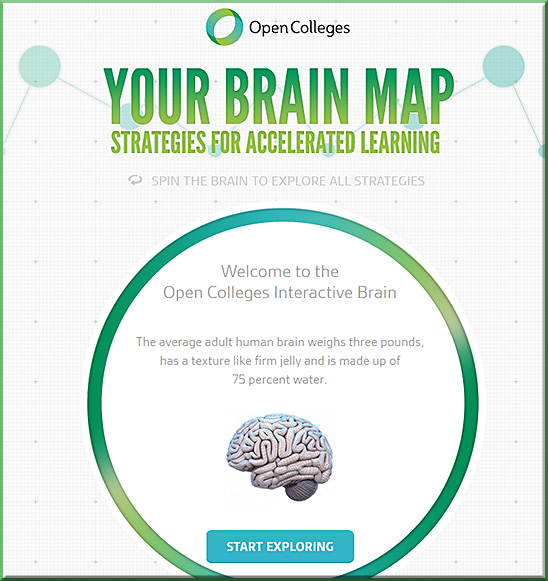Neuroeducation: 25 findings over 25 years — from by Saga Briggs
Excerpt:
It’s been 25 years since the field of neuroeducation first reared its head in academia. Spearheaded in 1988 by the Psychophysiology and Education Special Interest Group, educational neuroscience is now the focus of many research organizations around the world, including the Centre for Educational Neuroscience; the International Mind, Brain, and Education Society; and the Neuroeducational Research Network.
To celebrate the progress of this monumental discipline, we have compiled a list of the 25 most significant findings in neuroscience education over the past 25 years.
Perhaps the most encouraging finding in all of neuroscience is that the brain changes constantly as a result of learning, and remains ‘plastic’ throughout life. Studies have shown that learning a skill changes the brain and that these changes revert when practice of the skill ceases. Hence, ‘use it or lose it’ is an important principle for lifelong learning. Maybe more importantly, these developments suggest that students can improve skills in countless areas, regardless of initial ability. Furthermore, research has found an inverse relationship between educational attainment and risk of dementia, which means that keeping the mind active slows cognitive decline and improves cognitive abilities in older adults.
Also see:
From DSC:
I don’t know enough about the brain to say that all of this is accurate. So I defer to the authors and to you all. Please comment on the strengths/weaknesses of these resources below.
Addendum:
- Seven trends shaping e-Learning for the future — from astd.org by Carol Leaman
Excerpt:
Developments in brain science and technology are dramatically changing how training is offered.We are on the cusp of a massive shift in the world of e-learning. New scientific research in how we learn combined with technology advances and engagement tools are set to radically transform the corporate learning landscape.









